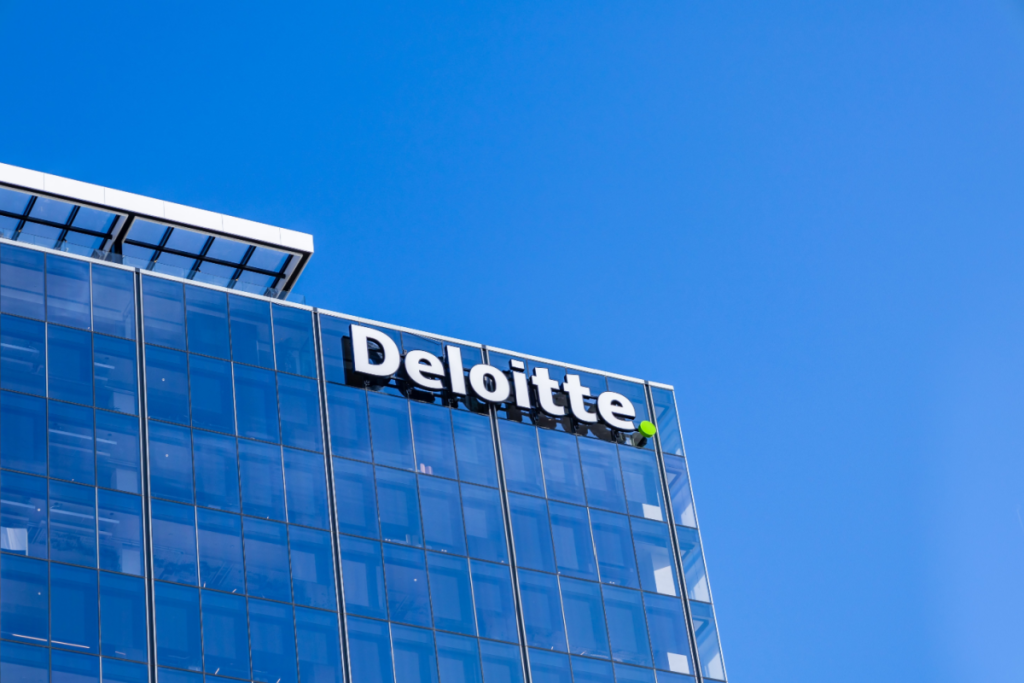Consulting Firm Admits Generative AI Was Used in Faulty Review
Deloitte will refund part of a $440,000 government contract after admitting that generative artificial intelligence was used to produce a report containing multiple factual and citation errors. The Department of Employment and Workplace Relations (DEWR) confirmed that Deloitte will forgo its final payment for the project once the refund process is finalized. The move follows public criticism after errors were discovered in a report reviewing the department’s welfare compliance framework and IT system.
The report, initially published in July 2025, found issues with the automated system that penalized jobseekers for noncompliance with mutual obligations. However, it was later revealed that several citations were fabricated or incorrect, leading to accusations that Deloitte’s reliance on AI compromised the report’s integrity. The updated version, re-uploaded last week, now includes a disclosure acknowledging that part of the document was created using a generative AI model — specifically Microsoft’s Azure OpenAI GPT-4o.
“Hallucinated” References and Academic Concerns
University of Sydney researcher Dr. Christopher Rudge, who first identified the false references, described the issue as a clear case of AI “hallucination.” These occur when large language models invent or misinterpret data to fill informational gaps. “Instead of replacing fake references with accurate ones, they’ve multiplied them,” Rudge said. “It suggests that some claims in the report weren’t grounded in any real evidence.”
While Deloitte corrected several footnotes and references in the updated version, DEWR emphasized that the report’s core findings and recommendations remain unchanged. “The substance of the independent review is retained,” a departmental spokesperson stated. Deloitte also maintained that the errors did not undermine the validity of the overall conclusions, noting that “the updates made in no way impact or affect the substantive content, findings and recommendations.”
Backlash and Political Response
The revelation has reignited debate over the use of AI in government and consulting work. Labor Senator Deborah O’Neill, who previously served on a parliamentary inquiry into consulting firm ethics, sharply criticized Deloitte, saying the firm “has a human intelligence problem.” She added, “This would be laughable if it wasn’t so lamentable. A partial refund looks like a partial apology for substandard work.” O’Neill urged public agencies to verify whether consulting deliverables are produced by qualified experts or AI tools, suggesting that “perhaps instead of a big consulting firm, procurers would be better off signing up for a ChatGPT subscription.”
The Australian Financial Review, which first reported the issue, found that several references in Deloitte’s original submission cited nonexistent academic papers and even a fabricated court ruling in a robodebt case, *Deanna Amato v Commonwealth*. The revised report later corrected the section summarizing the case, admitting that it “contained errors.”
Implications for AI in Professional Consulting
Deloitte’s admission marks one of the most high-profile cases of a major consulting firm acknowledging generative AI’s direct involvement in a government report. Experts say the incident highlights a growing tension between efficiency and accountability as firms increasingly experiment with AI-driven research tools. While Deloitte has stated that the matter is now resolved with DEWR, critics warn that the case could set a precedent for stricter disclosure requirements on AI usage in professional services.
Dr. Rudge noted that despite the flawed references, the report’s conclusions align with broader findings about systemic defects in welfare compliance systems. Still, he cautioned that “AI-assisted research must be transparent and verifiable, especially when used in public policy contexts.” As governments continue to adopt AI tools, this controversy underscores the need for oversight, accuracy, and clear ethical standards in their use.


